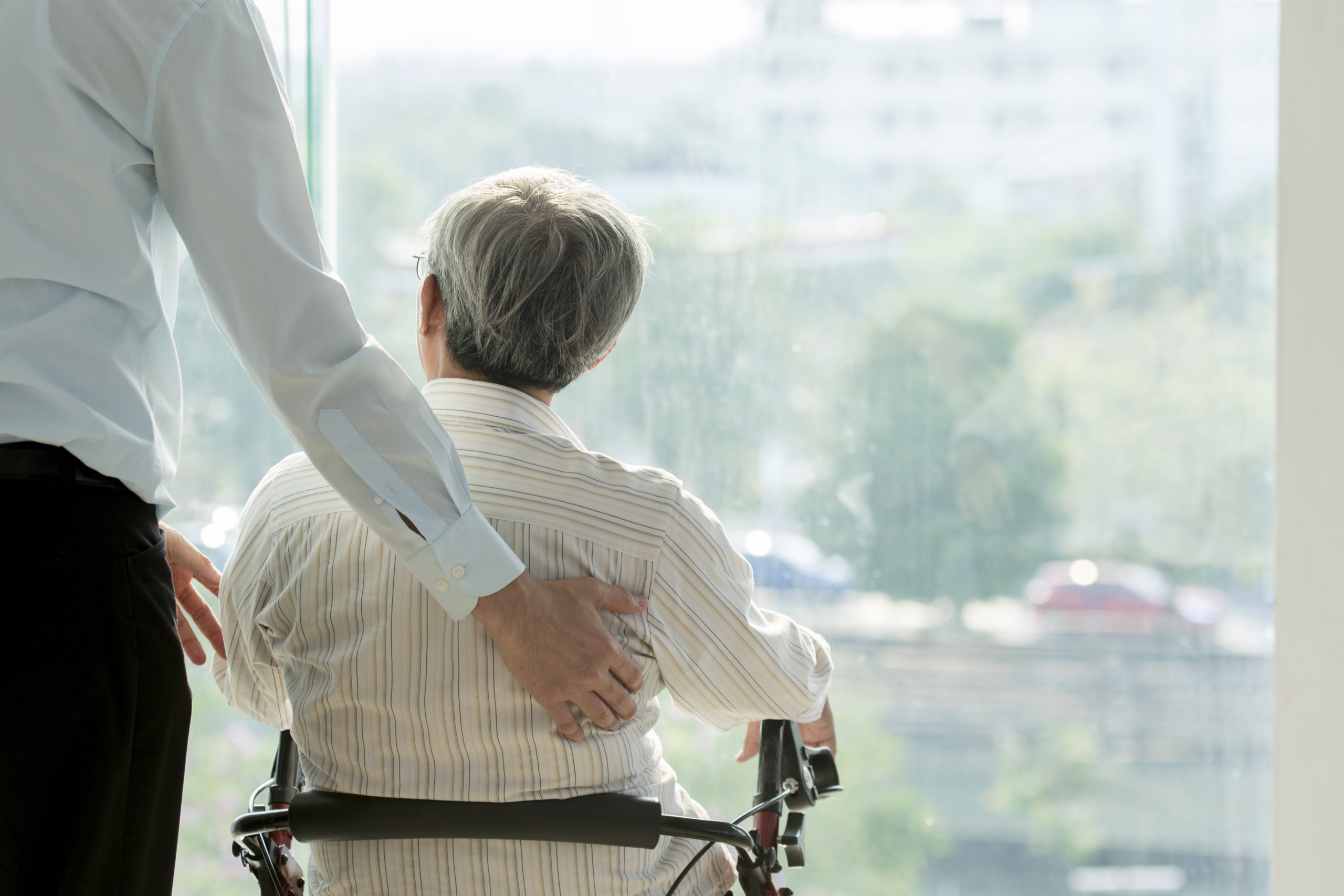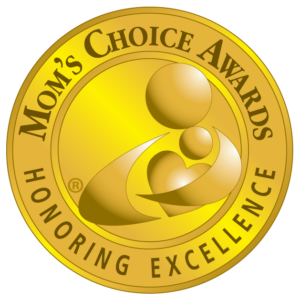
Published on:
Caregiving offers rewards that you don’t necessarily expect amid the struggle of providing daily service to your loved one. The rewards may pop up in a single moment, or they may become perceptible only after the long, arduous slog of care is over and your loved one is no longer with you. Often the hardest things to do are also the most rewarding things to do, and caregiving reflects this reality.
Unfortunately, so much of our research has focused on the hard realities of caregiving, like burden and stress, that social science has yet to develop a comprehensive and robust view of positive outcomes associated with being a family caregiver. This is why I was so gratified to receive the following comment from Clare Stacey, a sociologist at Kent State University, in her endorsement of When Caregiving Calls. “[The book] considers aspects often overlooked,” she wrote, “such as the rewards that come from caring.” Stacey proceeded to describe When Caregiving Calls as “essential reading for those providing care, as well as for policy makers and social scientists.”
How can policy makers and social scientists learn about the rewards of caregiving? It’s easy: just ask the caregivers. Here is what three family caregivers told me about the positive dimensions of their service to loved ones:
- “Being a caregiver for my dad was the toughest job I have ever had, and yet what a privilege to be there for my parent during the last year of his life as he was for me during my first.”
- “Being a good caregiver has many answers, I’m sure. However, in my case, it was the fact that my mom had total confidence in me and there are no words to describe that feeling.”
- “It was tough but caregiving did a lot for my soul. I was able to make sure he knew I loved him, not just in deed but in words. I was able to help him deal with his pain, and what an amazing feeling to know you have comforted someone you love. The greatest reward is being able to give back to him. He was my big brother and he did a lot for me and there is no price I can attach to how great I feel even now—that I had the opportunity to give back AND let him know I loved him so.”
These heartwarming and profound thoughts are merely a sample of the responses I have received when asking family caregivers about the rewards they find in their caregiving experiences. Their insights never cease to touch me.
You will undoubtedly discover your own collection of caregiving treasures. You can find them by pausing and consciously asking yourself how caregiving has rewarded you.
As a first step, I’d invite you to set aside at least fifteen minutes to brainstorm and write down all of the rewards that you have found in caregiving for your loved one. After your brainstorming exercise, review your list to identify the caregiving rewards that are most significant to you. What makes these rewards particularly meaningful?
As a second step, consider keeping a gratitude journal. On a daily or weekly basis, write in your journal about the best parts of your caregiving experience. By looking for the good, you will find the good. What you discover may surprise you.
Caregiving is not wholly about illness, aging, disability, burden, and stress. Please let caregiving reveal its beauty to you. When you’ve committed yourself to be there for your loved one, there are moments you’ll remember forever, lessons you’ll apply to the rest of your life, and attitudes that will be permanently adjusted as a result of your caregiving experiences. These are but a few of the significant rewards that caregiving offers.
——————————–
Consider the good—the REWARDS—you’ve found in your caregiving experience:
- What is rewarding about being a caregiver?
- How has caregiving improved your understanding of life, other people, yourself?
- How can you continue to cultivate the positive aspects of caregiving?
——————————-
“Cultivating Rewards” is a component of Dr. Blight’s Model of Caregiver Resilience . By examining a care situation in light of the five “R” words (Roles, Relationships, Realities, Rewards, and Readiness) in the model, you can identify areas that are causing friction, figure out how to address challenges, and learn to make the most of your circumstances. We have been discussing each of the five domains of caregiver resilience, one at a time, over the course of five months. Next month’s blog will focus on “Readiness.”
If you’d like to invite Dr. Blight to speak to your group, please contact us.
Posted in Aging Parents, Caregiving, Family Caregiving, Organizational Caregiving




